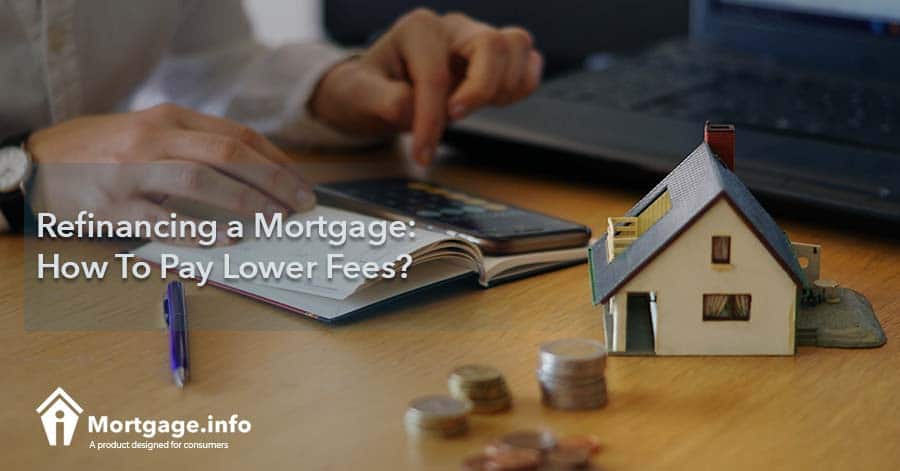
Refinancing comes with costs, we all know that. But did you know that there are ways to lower the mortgage refinance fees to make them more affordable? If you know that refinancing your mortgage will help you save money in the long run, it is worth learning how to lower your closing costs to help make the possibility of refinancing a reality for you.
Start by Shopping Around
The first step is to shop around. Do not commit yourself to the first lender you find! You can shop with several lenders; even letting them pull your credit because you will not get hit for more than one inquiry on your credit report. This enables you to see what the going closing fees are for the area. One lender might be much higher than others; this way you know to steer clear of that one. If everyone’s fees are around the same, at least you know one lender is not trying to take advantage of you. From there, you have several steps you can take to lower your costs.
Determine the Costs
You cannot negotiate mortgage refinance fees until you know what the lender charges. This requires waiting for the Good Faith Estimate to arrive. Once you apply with a lender, they have to send you the GFE within 3 business days. This estimate will document every fee the lender will charge on your loan. This includes all closing costs, such as processing, underwriting, and title fees. It also includes any points, such as discount or origination points. You should go over the estimate from every lender very carefully, comparing costs line by line.
Once you know what each lender plans to charge you, it is time to negotiate. The benefit of shopping around with other lenders is that you can try to get lenders to match or beat the other quotes you received. This way you have the upper hand because you know what you are eligible to receive and will likely not settle for less than that when it comes to dealing with the closing costs.
Ask for Lender Paid Closing Costs
There is one distinct way to pay next to nothing in closing costs – it is called Lender Paid Closing Costs. Now the lender does not do this out of the kindness of his heart – he does it in exchange for a higher interest rate. The lender will typically charge 0.25 to 0.50 more on the interest rate in order to recoup the closing costs they pay for you. It is up to you to determine if this makes the refinance worth it. If you will still save money despite the fact that the interest rate is not as low as you initially thought, it could be worth it for you. Ask the lender about the various options; some lenders pay all of the closing costs while others pay only some, which results in a lower interest rate.
Don’t Pay for Points
It can be tempting to pay for points in order to secure a lower interest rate, but this is not always necessary. Talk to your lender about the interest rate they will provide you with zero points. It might not be as bad as you thought it would be and it could save you money on your closing costs. Again, you can perform the calculations to determine if taking the higher interest rate will make refinancing worth it for you in the long run.
In order to determine the right choice for you, determine how much money you would save by paying no points. Calculate your monthly savings and then extrapolate it out over the term of the loan to determine your full savings. Next, calculate the savings you would make with the lower interest rate and paying points. Remember to subtract the savings from the amount you pay in points until you break even. It is not until that break-even point that you can start counting your savings over the term of the loan.
Negotiate your Mortgage Refinance Fees
It is important to remember that your mortgage refinance fees are negotiable. Just because the lender says that underwriting costs $500, processing costs $400, and your origination fee costs 2 points does not mean you have to take it or leave it. You have the ability to ask the lender to negotiate those costs, even if you do not shop around. They always have wiggle room in their costs to work with borrowers. It just depends on how bad they want your business in the long run.
If you want lower mortgage refinance fees, you can get them; you just have to work at it. The lender is not going to offer you lower fees just because you don’t want to pay their closing costs. You have to offer reasons and even just plain ask for them. The more knowledgeable you are about the mortgage process and how to negotiate your fees, the more likely it is that you will obtain the low fees you desire.
